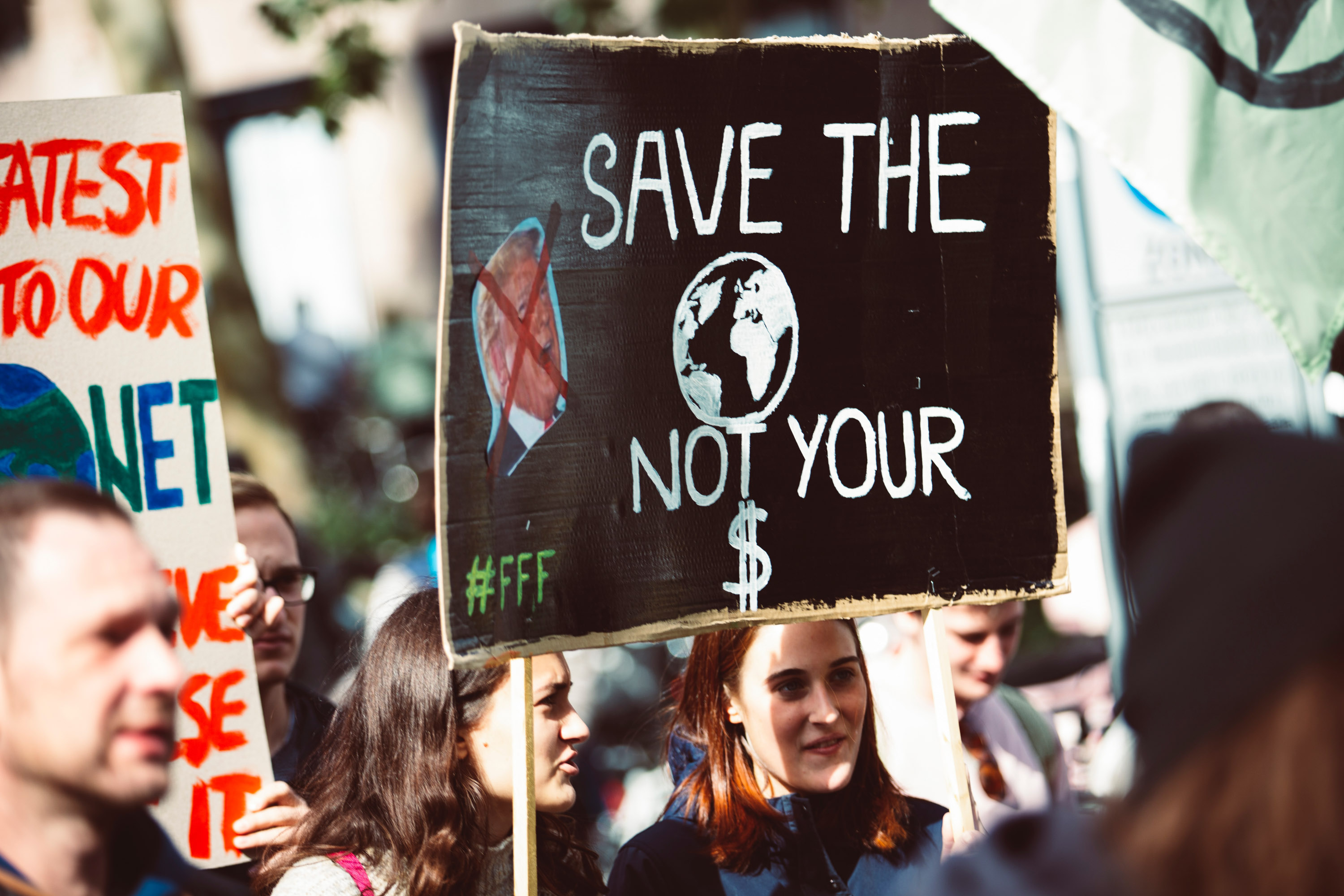Trump thought the Paris deal was too expensive. Wait until he sees the cost of climate change.

The Trump administration officially began the process of withdrawing the US from the landmark Paris climate agreement on Monday, in a move that surprised no one.
The details: The step, which Secretary of State Mike Pompeo announced on Twitter, starts the clock on a one-year waiting period that will end the day after the next presidential election. At that point, the US will be the only nation on the planet that isn’t a party to the compact, forcing the rest of the world to figure out how to combat the escalating dangers of climate change without the second largest greenhouse gas emitter.
In first announcing plans to exit the deal two years ago, President Trump argued the agreement would undermine the nation’s economic growth and international competitiveness. Evidence suggests, however, that exactly the opposite is true.
Missed opportunities: By actively working against the shift to clean energy—and by extension, the companies and markets needed to bring it about—the US has ceded economic opportunities to develop the next generation of clean technologies to its economic rivals. China, in particular, has happily seized the mantle, asserting itself as an increasingly dominant leader on batteries, electric vehicles, long-range transmission, wind turbines, solar panels, and more.
Relative costs: Moreover, if Trump truly thinks doing something about climate change is going to cost the economy too much—just wait until he gets a glimpse at the tab for doing nothing.
As study after study points out, the economic damages of unchecked climate change will be astronomical—indeed, far greater than the cost of reducing emissions. In the US alone, climate change could add up to at least hundreds of billions of dollars per year in lost labor productivity, declining crop yields, early deaths, property damage, water shortages, air pollution, flooding, fires, and more.
Deep Dive
Climate change and energy
The problem with plug-in hybrids? Their drivers.
Plug-in hybrids are often sold as a transition to EVs, but new data from Europe shows we’re still underestimating the emissions they produce.
Harvard has halted its long-planned atmospheric geoengineering experiment
The decision follows years of controversy and the departure of one of the program’s key researchers.
Why hydrogen is losing the race to power cleaner cars
Batteries are dominating zero-emissions vehicles, and the fuel has better uses elsewhere.
Decarbonizing production of energy is a quick win
Clean technologies, including carbon management platforms, enable the global energy industry to play a crucial role in the transition to net zero.
Stay connected
Get the latest updates from
MIT Technology Review
Discover special offers, top stories, upcoming events, and more.